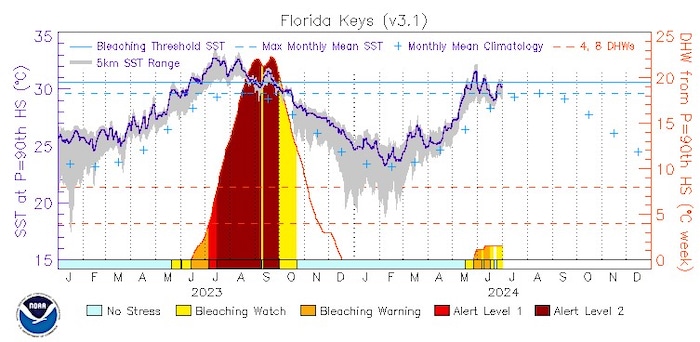
by Komoneed | Aug 26, 2024
When choosing between battery options, a common question arises: “Are lithium batteries worth the higher cost?” At first glance, lithium batteries may appear more expensive than lead acid batteries, especially when comparing batteries with similar capacity ratings. However, when you consider the total cost of ownership and performance advantages, lithium batteries can prove to be … Continued

by Kate Mothes | Aug 26, 2024
In terms of genes, humans are actually more closely related to mushrooms than plants! That’s because key characteristics—how we store energy, how our cells are built, and our ability to produce Vitamin D when exposed to the sunlight—are found in fungi but not trees or grass. And that’s only the beginning of our fascination with the mycological world, which yields an endless source of inspiration for avid forager, educator, and artist Julie Beeler. More
Do stories and artists like this matter to you? Become a Colossal Member today and support independent arts publishing for as little as $5 per month. The article Learn to Forage and Process Your Own Natural Pigments with ‘The Mushroom Color Atlas’ appeared first on Colossal.

by Komoneed | Aug 26, 2024
After a devastating and hot 2023 summer, the Florida Keys coral restoration community made sure to be prepped for this year’s heat. The Florida Keys National Marine Sanctuary (FKNMS) is home to the largest coral barrier reef in the continental United States. In recent years, however, the Florida Reef Tract has suffered a “death of […]
The post Florida Keys Coral Practitioners Prepared to Beat the Heat appeared first on EcoWatch.

by Komoneed | Aug 26, 2024
Deep in Canada’s remote Brevoort Island, in the Nunavut territory, a radar technician was killed last week in a rare polar bear attack. Days earlier, a polar bear was spotted in Rankin Inlet, a remote, but fairly populated, Inuit settlement in the same territory. Experts warn that similar encounters with polar bears will likely become […]
The post Climate Change Is Pushing Polar Bear Populations Into Conflict With Humans, Scientists Say appeared first on EcoWatch.

by Komoneed | Aug 26, 2024
Adaptation Finance Window Fact Sheet
Teaser Text
The Adaptation Finance Window is an initiative under the USAID Climate Finance for Development Accelerator.
jschoshinski
Thu, 08/22/2024 – 18:20
Publication Date
03/12/2024
Projects
USAID Climate Finance for Development Accelerator (CFDA)
Sectors
Climate Finance
Region
Global
Hide Sidebar
Off





